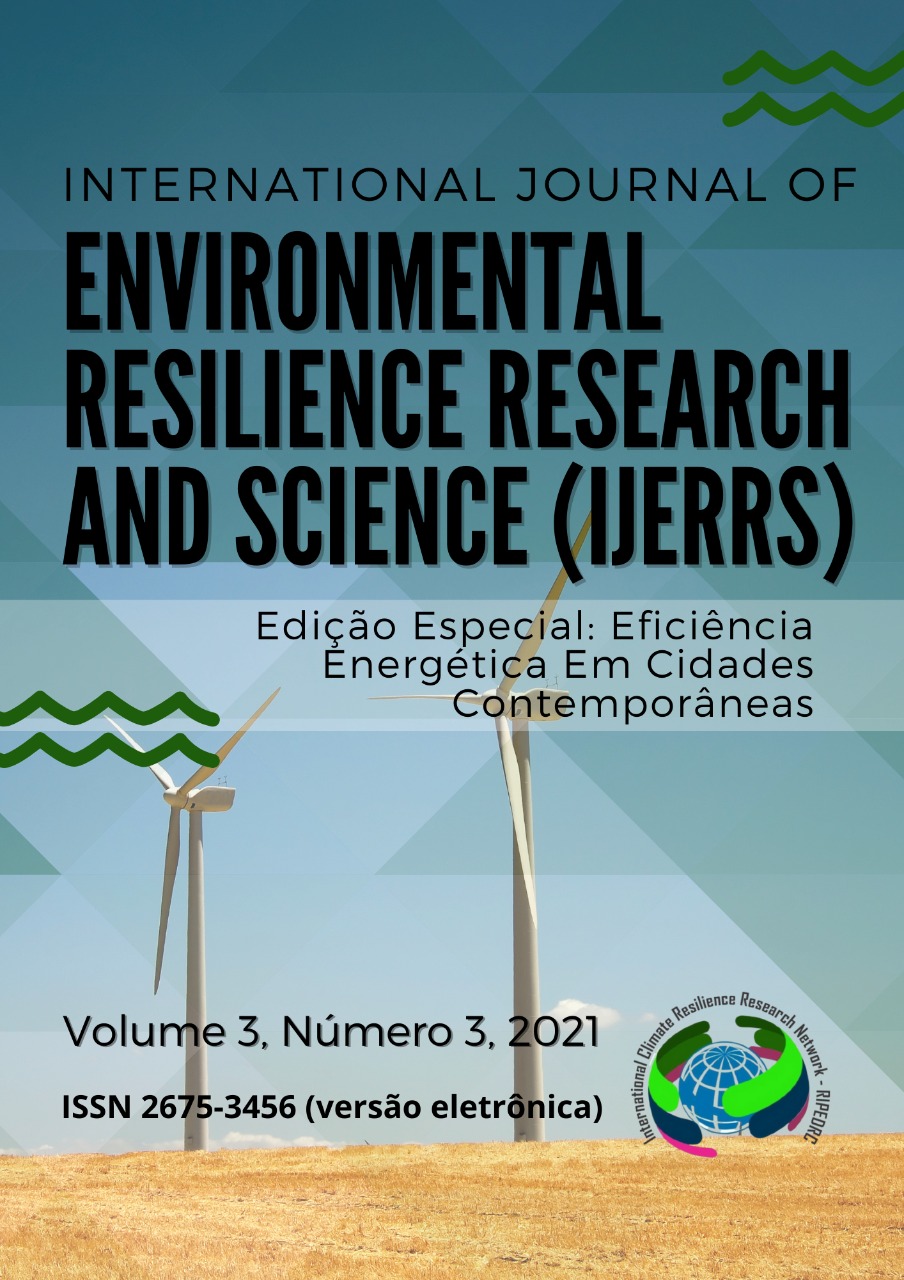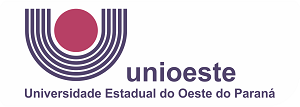ENERGY ANALYSIS OF THE CITY OF SANTOS-SP
DOI:
https://doi.org/10.48075/ijerrs.v3i3.28177Abstract
This work, the city of Santos-SP was analyzed, starting from a historical and urban contextualization, highlighting the most influential sectors of the city, as well as the current master plan of Santos. Therefore, a survey of energy consumption data was carried out, including electricity, petroleum products (diesel oil, gasoline), ethanol and natural gas. All this information was standardized in TOE (Equivalent Tonne of Oil) units and a Sankey diagram was performed, it was found that transport is the sector with the highest energy consumption in the city. For the energetic and exegetical analysis, with the collected data, the input and destroyed exergy were calculated for the different types of fuel and the exergetic efficiency of the city was calculated as 19.70%. Finally, calculation of CO2 emissions from fuels was performed, resulting in 641,151,042.6 kg CO2 equivalent. The result for CO2 emissions is very close to that estimated by the Municipality of Santos, although Santos is a city that stands out for a master plan that intends to be a smart city in the future and has a low efficiency in terms of energy consumption.
Downloads
Published
How to Cite
Issue
Section
License
Copyright (c) 2021 International Journal of Environmental Resilience Research and Science

This work is licensed under a Creative Commons Attribution-NonCommercial-ShareAlike 4.0 International License.
Aviso de Direito Autoral Creative Commons
Política para Periódicos de Acesso Livre
Autores que publicam nesta revista concordam com os seguintes termos:
1. Autores mantém os direitos autorais e concedem à revista o direito de primeira publicação, com o trabalho simultaneamente licenciado sob a Licença Creative Commons Attribution que permite o compartilhamento do trabalho com reconhecimento da autoria e publicação inicial nesta revista.2. Autores têm autorização para assumir contratos adicionais separadamente, para distribuição não-exclusiva da versão do trabalho publicada nesta revista (ex.: publicar em repositório institucional ou como capítulo de livro), com reconhecimento de autoria e publicação inicial nesta revista.
3. Autores têm permissão e são estimulados a publicar e distribuir seu trabalho online (ex.: em repositórios institucionais ou na sua página pessoal) a qualquer ponto antes ou durante o processo editorial, já que isso pode gerar alterações produtivas, bem como aumentar o impacto e a citação do trabalho publicado (Veja O Efeito do Acesso Livre).
Licença Creative Commons
Esta obra está licenciada com uma Licença Creative Commons Atribuição-NãoComercial-CompartilhaIgual 4.0 Internacional, o que permite compartilhar, copiar, distribuir, exibir, reproduzir, a totalidade ou partes desde que não tenha objetivo comercial e sejam citados os autores e a fonte.









